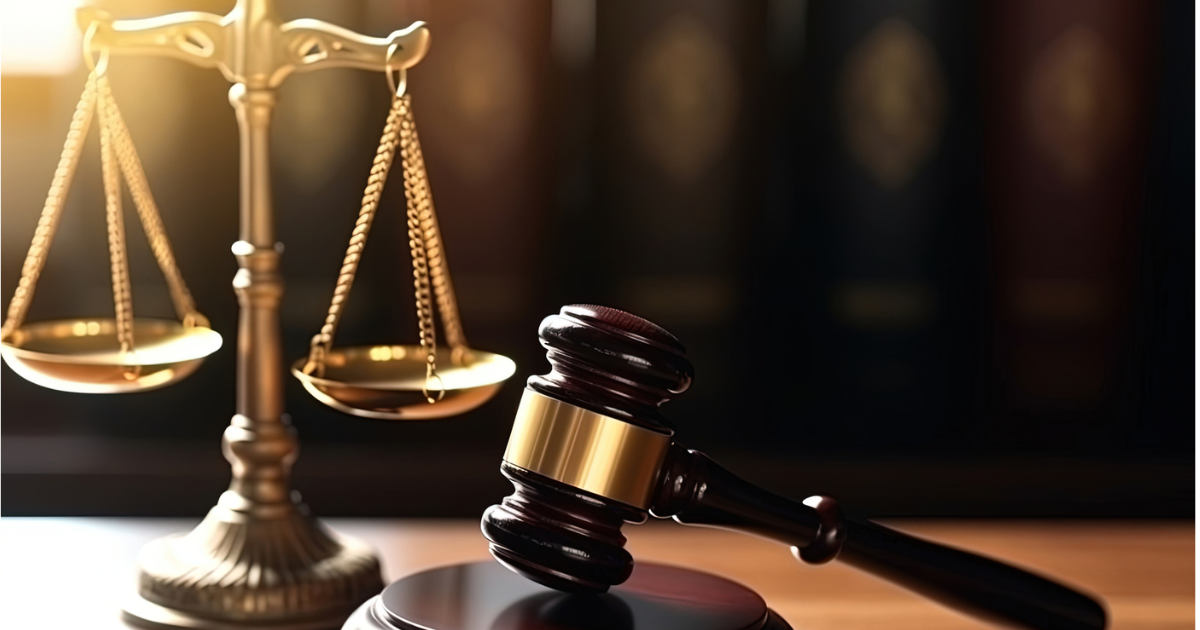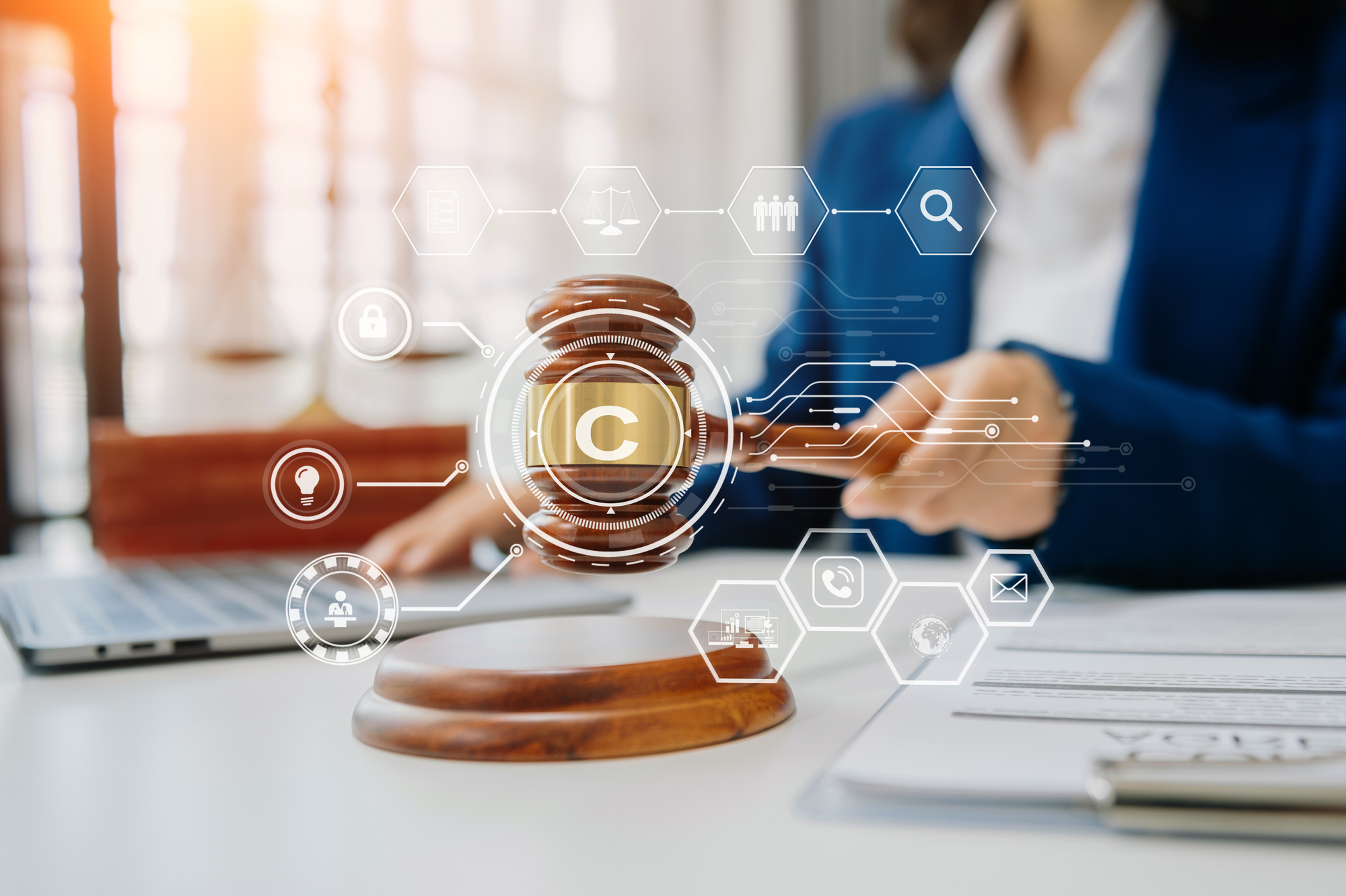Now Reading: Understanding Criminal Charges: Your Rights And What To Expect
-
01
Understanding Criminal Charges: Your Rights And What To Expect

Understanding Criminal Charges: Your Rights And What To Expect
Facing criminal charges can be a bewildering and stressful experience. You’re thrust into a world where understanding your rights and the legal process becomes crucial. This guide aims to shed light on what you can expect during this challenging time and how you can effectively navigate the complexities of the criminal justice system.
The Role Of A Criminal Defense Lawyer
Handling a criminal case’s complexities requires the expertise of a skilled advocate, like a criminal defense lawyer in Las Vegas. These lawyers play a crucial role in the justice system, providing essential services to those accused of crimes. Their responsibilities extend beyond courtroom representation, encompassing various vital services for their clients’ defense.
Here are the fundamental aspects of their role:
- Legal guidance: These lawyers offer essential legal guidance from the beginning of the case. It’s crucial to grasp the charges, potential consequences, and legal choices as fundamental steps in crafting a criminal defense strategy.
- Case investigation: A thorough investigation is crucial. This often involves examining the prosecution’s evidence, seeking out witnesses, and developing an effective defense strategy based on the findings.
- Representation in court: In court, they’re responsible for presenting the defense case, cross-examining witnesses, and aiming to convince the jury of their client’s innocence or negotiate for reduced sentencing.
In the complex world of criminal law, a criminal defense attorney serves as a guiding light for those facing legal challenges. Their expertise in the law and dedication to protecting their clients’ rights are crucial for the outcome of criminal cases.
Understanding Your Rights
Knowing your rights is essential when you’re facing criminal charges. These rights are designed to protect you throughout the legal process.
Below are the fundamental rights to keep in mind:
- Right to remain silent: The Fifth Amendment protects you from self-incrimination. This means you can remain silent when questioned by law enforcement or prosecutors. This right is crucial as anything you say can be used against you in court.
- Right to an attorney: Under the Sixth Amendment, you have the right to legal representation. If you can’t afford a lawyer, one will be appointed for you. This right is fundamental to ensuring a fair chance to defend yourself.
- Right to a speedy and public trial: You’re entitled to a trial that’s both speedy and public. This means your case won’t be unduly delayed, and the trial will be open to the public, fostering a transparent legal process.
Understanding these rights can empower you to navigate the criminal justice system more effectively. Remember, exercising these rights can significantly impact the outcome of your case.
The Arrest And Court Process
The arrest and court process in criminal cases involves procedural and legal steps. This journey through the criminal justice system can be complex, but understanding each stage can make the experience less daunting.
Here’s an overview of the key stages:
- Arraignment: The arraignment is your first appearance in court. During this stage, you’re formally charged and asked to enter a plea—guilty, not guilty, or no contest. It’s crucial to have legal representation at this stage to guide you through the plea process.
- The trial: If your case goes to trial, it’ll involve selecting a jury, opening statements by the prosecution and defense, presenting evidence, witness testimonies, and closing arguments. The trial is the stage where the prosecution must prove your guilt beyond a reasonable doubt.
- Verdict and sentencing: After the trial, the jury (or the judge in a bench trial) will deliver a verdict. If you’re found guilty, the judge will determine the sentence, considering factors like the nature of the crime and any prior criminal history.
Understanding these steps can provide some clarity and preparedness for what lies ahead in the arrest and court process. It’s important to remember that having a knowledgeable attorney by your side can significantly influence the outcome of these stages.
Protecting Your Future
Facing criminal charges can profoundly affect your immediate legal situation and future. This section highlights crucial steps and considerations to help protect your personal and professional life from the long-term effects of these charges.
Below are key aspects to consider:
- Understanding the long-term impacts: Criminal charges can affect various aspects of your life, including employment opportunities, educational prospects, and personal relationships. It’s essential to understand these potential impacts early in the process.
- Working closely with your legal team: Effective communication with your attorney is vital. They can guide you in mitigating these long-term effects, such as pursuing expungement opportunities or appealing for reduced charges.
- Professional and educational opportunities: If you’re concerned about how criminal charges might affect your career or education, discuss these concerns with your attorney. They can advise on disclosing your situation to employers or educational institutions and strategies to present it more positively.
Protecting your future in the face of criminal charges requires a proactive approach and a clear understanding of the potential long-term consequences. Working closely with your legal team and strategically managing your reputation and opportunities can significantly shape your future.
Conclusion
Managing the intricacies of criminal charges demands awareness, strategic planning, and legal expertise. By understanding your rights, engaging with the criminal justice process knowledgeably, and actively working to mitigate long-term impacts, you can steer your case toward a more favorable outcome. Remember, the choices you make and the legal support you seek play a pivotal role in shaping not only the resolution of your case but also your future opportunities and quality of life.










